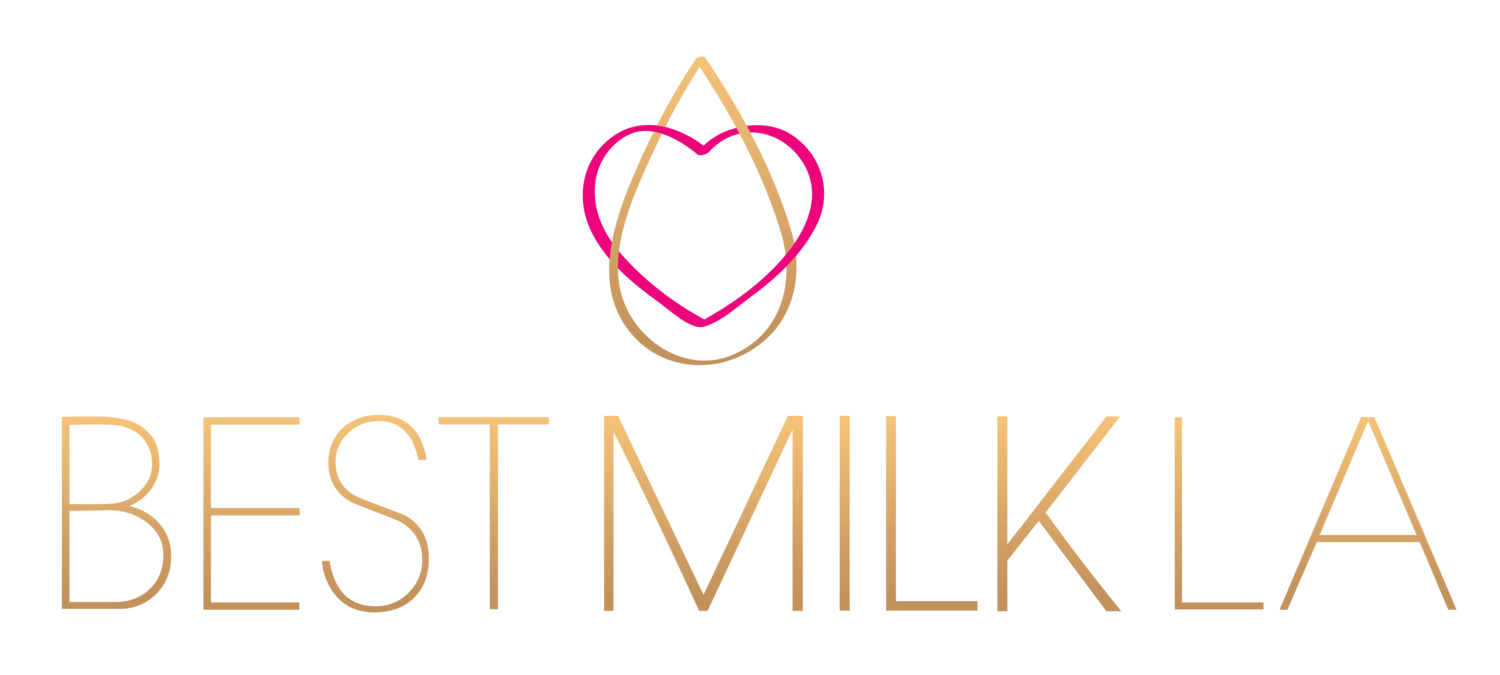FAQ
How long should I breastfeed my baby?
That's a personal question that is completely up to you and your baby. The American Academy of Pediatrics recommends exclusive breastfeeding for the first 6 months of your baby's life, followed by continued breastfeeding up to one year as complementary foods are introduced. Breastfeeding is not an "all or nothing" process, so any amount of breast milk your baby receives is beneficial.
Why should I breastfeed my baby?
Breastfeeding gives your baby the best possible start in life! Breast milk provides your baby with the perfect nutrition that is specifically designed to meet your baby's needs and strengthens your baby's immune system. Babies who are breastfed are at a lower risk for developing ear infections, asthma, childhood Leukemia, SIDS, and upper respiratory infections.
What's in it for me?
There are so many wonderful benefits for a nursing mother. Breastfeeding lowers a woman's risk of developing cervical, breast and ovarian cancer. Studies show that breastfeeding may also reduce the risk of developing type 2 diabetes, rheumatoid arthritis, and cardiovascular disease, including high blood pressure and high cholesterol. Breastfeeding also helps you return to your pre-pregnancy weight, since it burns 300-500 calories per day. And of course it helps create a wonderful bond with your baby!
Do I have to give up the foods I enjoy?
Nope! Eating a variety of foods will expose your baby to different tastes and flavors, which can help your baby accept a wide range of foods later on.
Should I continue breastfeeding my baby if I catch a cold or flu?
Absolutely! Before you even began feeling symptoms, your body started making antibodies to pass into your milk to protect your baby from catching it too. Your milk will not transmit your illness to your baby. However, regular measures must be taken to prevent the spreading of illness such as: washing hands often, avoid sneezing/coughing on the baby, and limiting face-to-face contact.
Does breastfeeding hurt?
It shouldn't! If your baby is positioned and latched-on correctly, nothing should hurt. If it does, let's get in touch.
I plan on taking a breastfeeding class. Should I bring my partner?
Yes! When a nursing mother has a husband or partner who is educated about the benefits of nursing and supports her choice to breastfeed, she is much more likely to be successful at it.
Can dads be included in the feeding process?
They sure can! It's really important to find ways to get dad involved in the feeding process. Fathers can practice skin-to-skin with the baby, bring the baby to mom before a feeding, burp the baby after a feeding, change diapers, provide encouragement and support and practice baby-wearing.
How do I know if my breast milk has enough fat?
Human milk has about 22 calories and 1.2 grams of fat per ounce. The amount of fat in the milk changes during each feeding and throughout the day, since fat content depends on the emptiness of the breast. The emptier the breast, the higher the fat content of the milk. So feed often!
What's the best way to prevent nipple soreness?
Proper positioning and latch is key to preventing nipple soreness and discomfort. There's no nipple cream or balm that will help prevent soreness if the latch isn't correct. It's also really important to break the suction with your finger at the end of a feeding if your baby doesn't self-detach.


